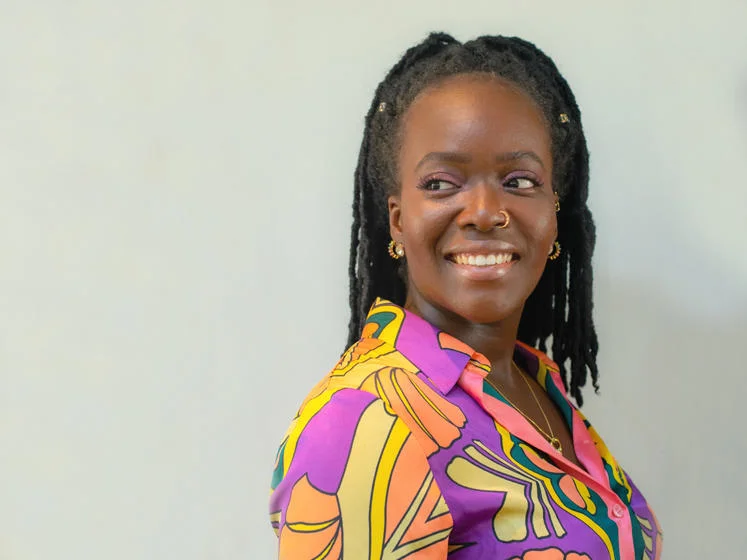The issues we should be talking about

LSE alumnae are at the forefront of shaping the world when it comes to women's empowerment and equality. This International Women's Day we asked three female members of our alumni community who are working in this space what they think are the burning issues facing women in 2023.
Ottavia Pesce (MPA Government 2009)
Ottavia is CEO of Be That Girl Foundation, a non-profit organisation that seeks to improve the ability of women globally to live self-determined lives.
"Priorities for women can look different in the developing world compared to the developed world. However, one challenge that is common to all women is time poverty. In virtually every country women carry the largest share of caring responsibilities for children and the elderly, as well as of domestic duties. Data shows women do, on a global average, three times more unpaid care domestic work than men. As a result, they have less energies and time to invest in education and paid employment, and this ultimately makes their societies poorer.
Our societies should increase investments in essential infrastructure such as childcare and we should all push for a more equal distribution of essential care work, so women and their communities can reach their full potential!"

Seyi Akiwowo (BSc Social Policy and Admin 2012)
Seyi is founder and CEO of Glitch, an award-winning UK charity that aims to end online abuse with a particular focus on the experiences of Black women.
"Deepfake abuse websites are growing in disturbing ways and women are being targeted; it is a form of online gender-based violence. With the rapid increase in new technology such as deepfakes and viral video sharing platforms like TikTok, we must talk louder about the ways to prevent and mitigate online abuse towards women and girls.
What’s worse is that, in recent times, we have seen the gaming community talk about deepfake image abuse used for creating non-consensual explicit content of women gamers. The issue of deepfake image abuse is something Glitch is researching, particularly how it’s impacting Black women. We are also seeing misogynistic influencers making more money and gaining a larger following on platforms despite public criticism. Therefore we also need to be talking about tech accountability and how social media sites implement a code of practice that systematically safeguards all women and girls."

Lynsey Chediak (MSc Gender, Policy and Inequalities 2017)
Lynsey is Associate Director, Strategic Development for Medicines360, a nonprofit pharmaceutical organisation that seeks to ensure equitable access to medicines for women.
"In 2023, I hope we can begin tackling the lack of investment in women’s health. Big pharmaceutical companies aren’t incentivised to develop products that focus on women’s health because we’ve been assuming that women and men show the same symptoms for the same diseases and respond to drugs in a similar fashion. This, however, is not always the case.
Every human on the planet is here due to an initial investment in women’s health, but I hope we can begin to realise that reproductive health is just the floor, not the ceiling. The specific health needs of women, whether related to our reproductive capacities or the different symptoms women show at the onset of heart disease, are consistently left out of new pharmaceutical pipelines.
A core issue is that investors in new pharmaceutical products and medicines often assume that women’s health starts and ends with reproductive health, but it doesn’t. Every day, incredibly smart people are developing new, life-changing medicines, but there is no financial incentive to investigate how those products could also help address the differing health needs of women. We must evolve and learn more about what it means to provide the best medicines possible to all women. That journey needs to start back at square one by investing in new pharmaceutical products that fill ongoing, persistent gaps in knowledge and, similarly, the availability of medicines specifically supporting women’s health needs."
The opinions expressed are Lynsey's own views and do not express the views or opinions of her employer.
March 2023